Refine listing
Actions for selected content:
2326 results in Cambridge Elements
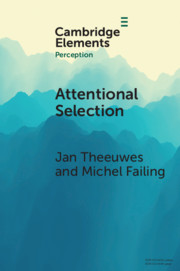
Attentional Selection
- Top-Down, Bottom-Up and History-Based Biases
-
- Published online:
- 05 August 2020
- Print publication:
- 03 September 2020
-
- Element
- Export citation
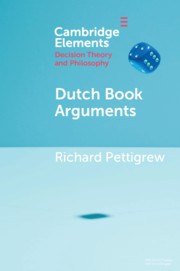
Dutch Book Arguments
-
- Published online:
- 31 July 2020
- Print publication:
- 17 September 2020
-
- Element
- Export citation
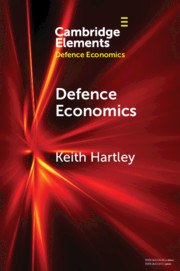
Defence Economics
- Achievements and Challenges
-
- Published online:
- 31 July 2020
- Print publication:
- 20 August 2020
-
- Element
- Export citation

Strategy Consulting
-
- Published online:
- 30 July 2020
- Print publication:
- 27 August 2020
-
- Element
- Export citation
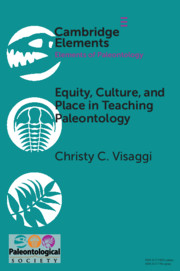
Equity, Culture, and Place in Teaching Paleontology
- Student-Centered Pedagogy for Broadening Participation
-
- Published online:
- 28 July 2020
- Print publication:
- 20 August 2020
-
- Element
- Export citation
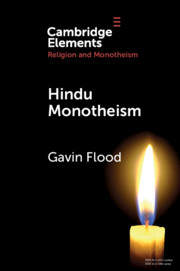
Hindu Monotheism
-
- Published online:
- 23 July 2020
- Print publication:
- 20 August 2020
-
- Element
- Export citation
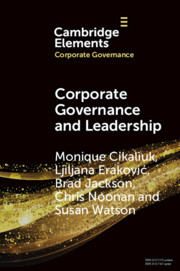
Corporate Governance and Leadership
- The Board as the Nexus of Leadership-in-Governance
-
- Published online:
- 22 July 2020
- Print publication:
- 27 August 2020
-
- Element
- Export citation
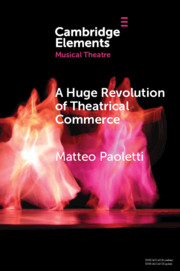
A Huge Revolution of Theatrical Commerce
- Walter Mocchi and the Italian Musical Theatre Business in South America
-
- Published online:
- 21 July 2020
- Print publication:
- 13 August 2020
-
- Element
- Export citation
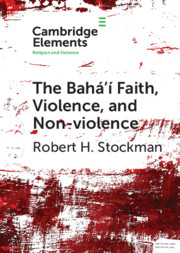
The Bahá'í Faith, Violence, and Non-Violence
-
- Published online:
- 20 July 2020
- Print publication:
- 13 August 2020
-
- Element
- Export citation
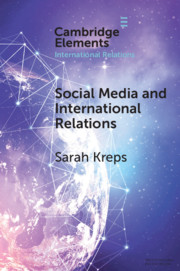
Social Media and International Relations
-
- Published online:
- 17 July 2020
- Print publication:
- 13 August 2020
-
- Element
- Export citation
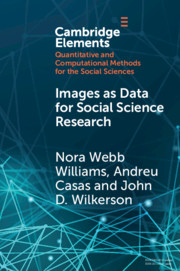
Images as Data for Social Science Research
- An Introduction to Convolutional Neural Nets for Image Classification
-
- Published online:
- 17 July 2020
- Print publication:
- 13 August 2020
-
- Element
- Export citation
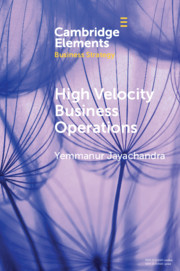
High Velocity Business Operations
-
- Published online:
- 15 July 2020
- Print publication:
- 13 August 2020
-
- Element
- Export citation
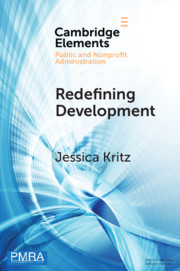
Redefining Development
- Resolving Complex Challenges in Developing Countries
-
- Published online:
- 13 July 2020
- Print publication:
- 20 August 2020
-
- Element
-
- You have access
- Open access
- HTML
- Export citation
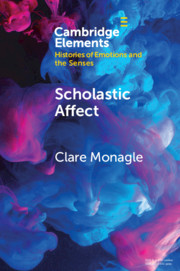
Scholastic Affect
- Gender, Maternity and the History of Emotions
-
- Published online:
- 13 July 2020
- Print publication:
- 06 August 2020
-
- Element
- Export citation
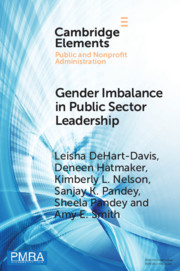
Gender Imbalance in Public Sector Leadership
-
- Published online:
- 13 July 2020
- Print publication:
- 30 July 2020
-
- Element
- Export citation
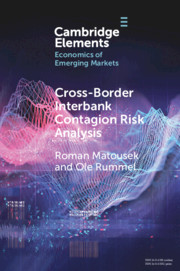
Cross-Border Interbank Contagion Risk Analysis
- Evidence from Selected Emerging and Less-Developed Economies in the Asia-Pacific Region
-
- Published online:
- 08 July 2020
- Print publication:
- 30 July 2020
-
- Element
- Export citation
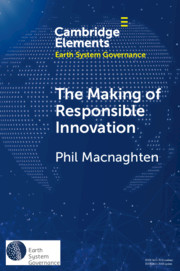
The Making of Responsible Innovation
-
- Published online:
- 04 July 2020
- Print publication:
- 06 August 2020
-
- Element
- Export citation
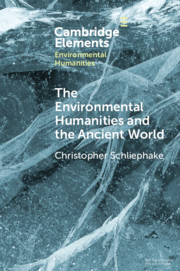
The Environmental Humanities and the Ancient World
- Questions and Perspectives
-
- Published online:
- 04 July 2020
- Print publication:
- 23 July 2020
-
- Element
- Export citation
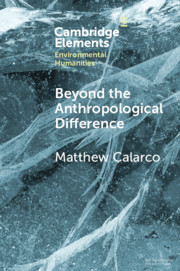
Beyond the Anthropological Difference
-
- Published online:
- 04 July 2020
- Print publication:
- 30 July 2020
-
- Element
- Export citation
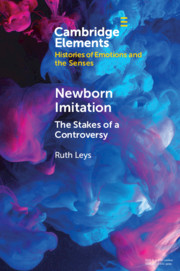
Newborn Imitation
- The Stakes of a Controversy
-
- Published online:
- 03 July 2020
- Print publication:
- 30 July 2020
-
- Element
- Export citation
